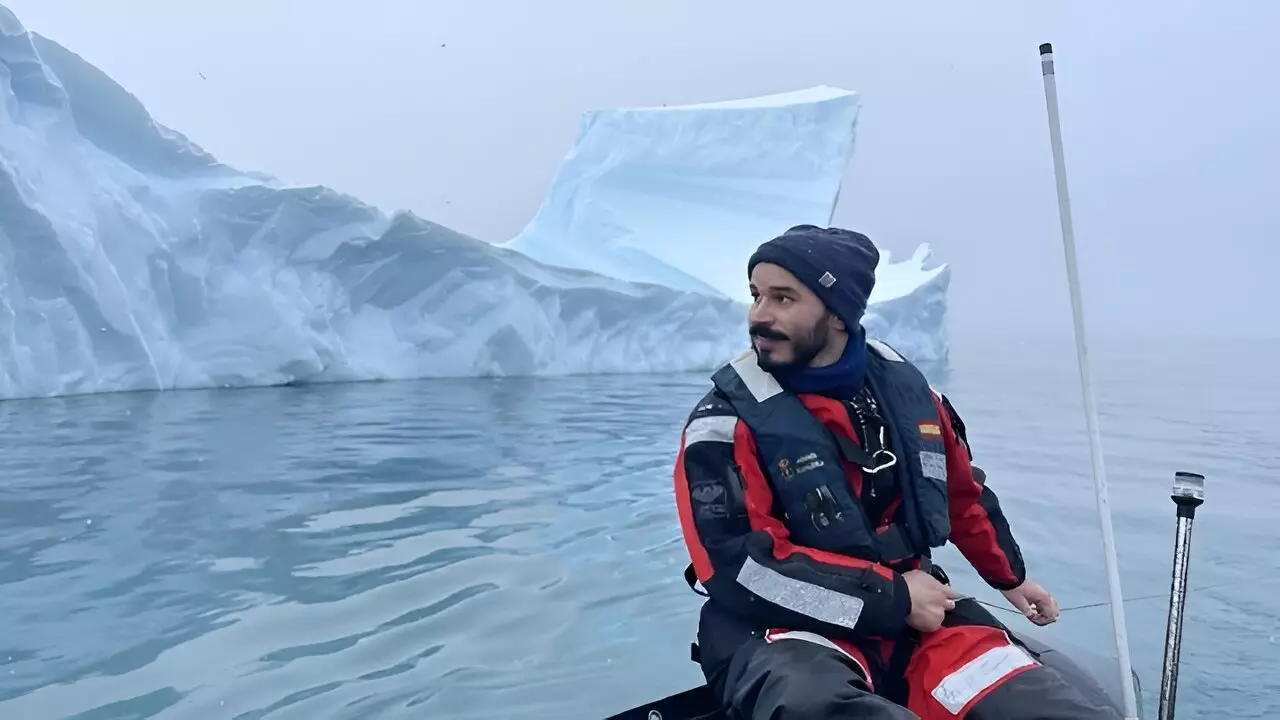The long-held belief that the Circumpolar Current played a role in the formation of permanent ice in Antarctica has been called into question by a recent study led by the University of Barcelona, the Instituto Andaluz de Ciencias de la Tierra (CSIC), and the Imperial College London. Published in the journal Nature Geoscience, the study presents a new understanding of how the Antarctic ice sheet developed and its implications for the future of the planet’s climate. These findings have the potential to reshape Antarctic research and alter our understanding of the relationship between the Circumpolar Current and the ice sheet.
Contrary to previous beliefs, the study reveals that the Antarctic Circumpolar Current is not responsible for the formation of ice in Antarctica. The current, known as the largest marine current on Earth, was thought to have contributed to the growth of the ice sheet. However, the research conducted by Professor Dimitris Evangelinos and his team suggests that the current actually formed after the Antarctic glaciation began. This discovery challenges the classical view and introduces a new scientific perspective on the interaction between the polar current and the Antarctic ice.
The sensitivity of the Circumpolar Current to changes in climate conditions has significant implications for the climate protection of Antarctica. As climate change continues to affect the planet, this current and its impact on the ice sheet may become endangered. The study highlights the need for a deeper understanding of this relationship in order to mitigate the effects of climate change on the frozen supercontinent.
The Collaborative Effort
The article published in Nature Geoscience is a result of the collaboration between several scientific institutions, including the University of Barcelona, the University of Granada, the University of Salamanca, the University of Bordeaux, and more. This wide-reaching collaboration underscores the significance and complexity of the research surrounding the Circumpolar Current and the Antarctic ice sheet. The diverse perspectives and expertise offered by these institutions contribute to a more comprehensive understanding of this crucial scientific topic.
Revisions of Previous Hypotheses
The study challenges the widely accepted hypothesis that the Antarctic Circumpolar Current emerged following the separation of the Antarctic continent from South America due to plate tectonics. It suggests that the ice in Antarctica formed prior to the existence of the Circumpolar Current, and the current itself is a consequence of the ice formation. This shift in understanding opens new avenues for investigating the interaction between the Circumpolar Current and the Antarctic ice sheet.
Unveiling New Perspectives
The findings of this study have important implications for the study of the Antarctic Circumpolar Current and its role in climate change. Understanding the mechanisms at play between the Circumpolar Current and the ice sheet is crucial for comprehending the past and future dynamics of the Southern Ocean. Additionally, this knowledge is vital in addressing the challenges posed by climate change. It is evident that further research is needed to deepen our understanding of these interactions and their implications for the planet.
The recent study examining the origins of the Circumpolar Current and its relationship with the Antarctic ice sheet has brought about a shift in scientific perspective. By challenging long-standing beliefs, the study prompts further investigation into the connection between the Circumpolar Current and the formation of permanent ice in Antarctica. The implications of these findings extend to our understanding of climate change and the future dynamics of the Southern Ocean. As the scientific community advances in its understanding, it is crucial to continuously reassess and adapt our theories to reflect new evidence and insights.


Leave a Reply